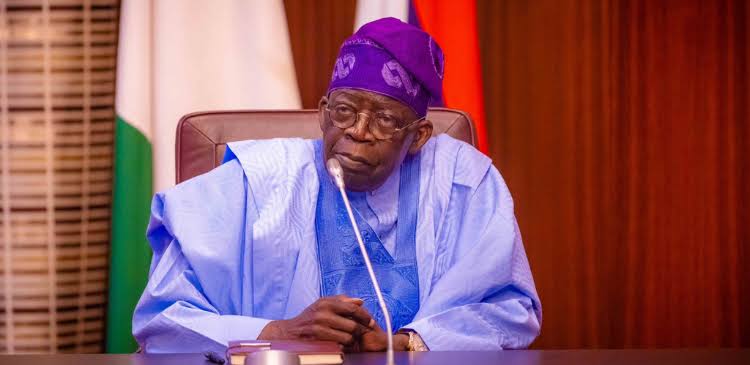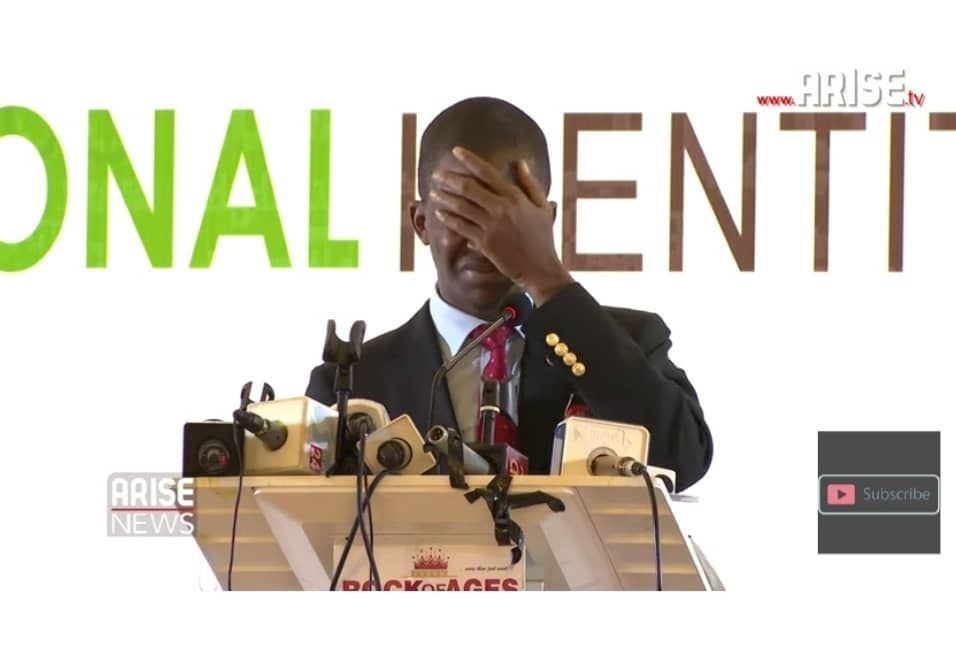Abolishes multiple naira/dollar exchange rates
BY FESTUS OKOROMADU
The Central Bank of Nigeria has announced operational changes to the foreign exchange market.
The apex bank, in a statement signed on Wednesday evening by its Director of Financial Markets, Angela Sere-Ejembi, informed all authorised dealers and the general public of the abolishment of segmentation in the operations of the Nigerian Foreign Exchange Market
The CBN’s new guidelines on foreign exchange market are as follows:
“All segments are now collapsed into the Investors and Exporters (I&E) window. Applications for medicals, school fees, BTA/PTA, and SMEs would continue to be processed through deposit money banks.
“Re-introduction of the ‘Willing Buyer, Willing Seller’ model at the I&E Window. Operations in this window shall be guided by the extant circular on the establishment of the window, dated 21 April, 2017 and referenced FMD/DIR/CIR/GEN/08/007. All eligible transactions are permitted to access foreign exchange at this window.
“The operational rate for all government-related transactions shall be the weighted average rate of the preceding day’s executed transactions at the I&E window, calculated to two (2) decimal places.
“Proscription of trading limits on oversold FX positions with permission to hedge short positions with OTC futures. Limits on overbought positions shall be zero.
“Re-introduction of order-based two-way quotes, with bid-ask spread of N1. All transactions shall be cleared by a Central CounterParty (CCP).
“Reintroduction of Order Book to ensure transparency of orders and seamless execution of trades.”
According to the apex bank, the operational hours of trades shall be from 9am to 4pm, Nigerian time.
CBN further said there was “cessation of RT200 Rebate Scheme and the Naira4Dollar Remittance Scheme, with effect from 30 June 2023.”
“Further guidance on these matters shall be communicated in due course. All market participants and the general public are kindly enjoined to abide by these rules,” Sere-Ejembi said.
The latest move by the CBN follows President Bola Tinubu’s suspension of CBN Governor, Godwin Emefiele.
The exchange rate could go as high as between N800 and N1000 by the end of today, according to some bankers, who say the CBN’s next move should be to prioritise supply of dollars to support the naira float.
“The convergence of the rates is only the first step, the next step is the most crucial and that is to boost supply into the market.
“No foreign investor will come without a hedge and that can only come when there is assurance of supply. That’s the hard work,” a source said.
Another knowledgeable source is of the view that the willing buyer/willing seller arrangement that has now been adopted is only the first of six steps to fixing Nigeria’s broken FX market.
“The second step must be to provide a hedge mechanism that is priced in line with the market while the third step is to ensure market yields are attractive to Foreign Portfolio Investors.
“The next steps are to ensure transparency and remove all controls around domiciliary accounts. Finally, there is also a need to clear the dollar backlog in the market in order to attract FPIs. The focus is on supply,” the source said.
Expectations are high after the initial move to fix Nigeria’s broken FX market.
Chidi Uzo, a fund manager at Stanbic IBTC Pension Managers Ltd, said the move was “a bold step in the right direction.”
“However this should go in tandem with the lifting of capital restrictions for investors waiting on the sidelines to repatriate their funds. We expect foreign investor participation to be swayed by the extent to which capital is allowed to flow freely.
“Overall, the effective harmonisation of Nigeria’s multiple exchange rates by allowing market forces to determine the fair value of the naira should immediately reverse the multi-year widening spreads between the official exchange rate and the parallel market exchange rates,” Uzo said.

